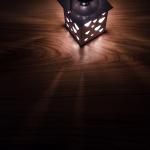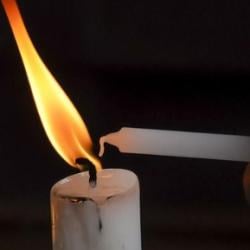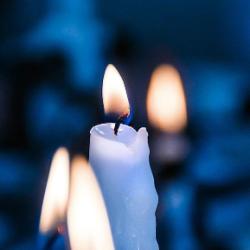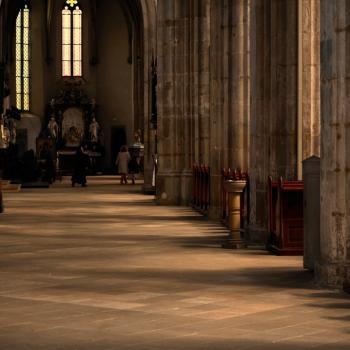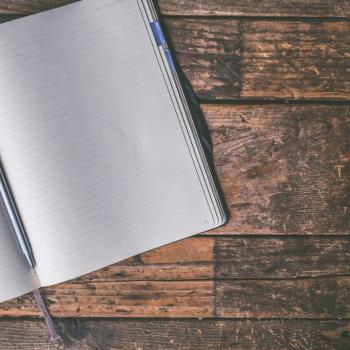I woke up today with many of my relatives sharing messages and images about the Eid al-Adha and wishing everyone “Eid Mubarak”. I’ve asked a bit about it in the past years, but only today I seriously sat down to think about it and what it could mean for me, not a Muslim, but a Pagan who wants to honor his Arabic roots and family traditions.
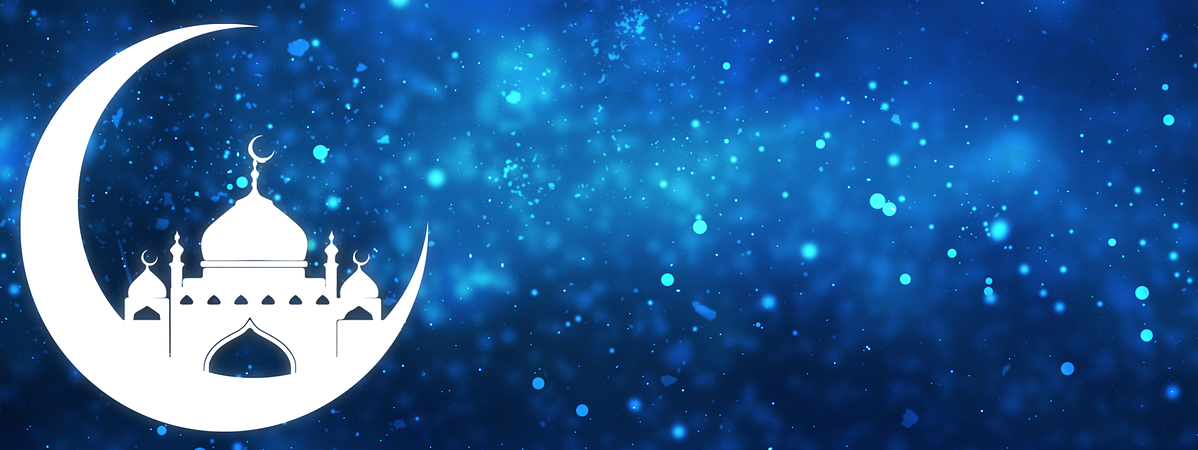
Just yesterday I told my mom, when she mentioned that Grandma makes a lot of food today, that that’s not an indicative and joked saying that “I remember that every week, or every two weeks, there was a lot of food and Sitto (Grandma in Arabic) always makes a lot for any reason”. She laughed and told me that the Eid is even more special and so Sitto makes even more.
While reading and asking, I realized it’s the Muslim version of Christmas, or at least very similar to it. Although my family is Druze and not Christmas, the Druze faith does come from Islam, so there are many similarities. One of them is the fasting for Ramadan, which lasts a month for Muslims, but ten days for Druzes.
Eid al-Adha literally means “Holiday of the Sacrifice”, which commemorates the famous episode of Ibrahim (Abraham’s name in the Middle East) willing to sacrifice his son Ismail (Ishmael) after God asked him to. According to the Quran, when Ibrahim was about to slaughter him, Angel Jibreel (Gabriel) appeared and told him not to do so, giving him a lamb to sacrifice instead
Due to this, it is a tradition to sacrifice an animal that is treated gently and correctly fed for a few days before Eid al-Adha. It can be either a sheep, goat, cow, buffalo, or camel, but it has to follow a certain protocol to be halal, or free of sin. I remember my maternal jhido (Grandpa) sacrificing a lamb now and then when I was little, and Mom has told me that he had to pray before doing it, after it, and making sure that the animal wouldn’t suffer.
Sitto and the women on the family would then prepare the meat to a big family meal, and many relatives would come from other states and cities. The women in my family usually prepare everything in the kitchen, while the men set up a grill, get tables, chairs, and greet those who come. According to the tradition, one third of the meat is for family, another for friends, and the final third is for the poor. I can’t recall that precision on my family, but I do know that nobody would leave the table without my relatives asking if there were satisfied, even those who worked on the house.
While I was never a fan of lamb or sheep or goat meat (I always got chicken), I loved to spend time with my cousins, playing and messing around. Everyone would stay for a few days, we would all be happy, eat a lot, tell jokes, mess around, music blasting constantly (despite me not liking any of the songs), and don’t get me started with the sweets. If there’s something that I love, it’s Arabic sweets. All that would happen now and then, but I knew it would be extra especial if the word Eid was involved.
Reading more about it, I discovered that it is indeed a holiday very similar to Christmas. People remember to stay humble towards Allah, while also being kind to those in need, but it’s also a time to show love to those we hold close to us, celebrate life, give gifts, and inviting people to their homes.
As a Pagan Witch, I do not celebrate a man’s willingness to kill his own son, no matter how symbolic this could be, or accepting whatever it is the Gods decide upon me. I know I can disagree and ask for a change, work for it, just as there will be times when whatever happens is out of my control. However, I do celebrate the fact that my family is alive, healthy, united, and although distant, present in my life. I do celebrate that I’m in a position to help others, that I’m doing it now, and that I am able to spend time with my immediate family while there’s a lot of people who don’t have anyone with them right now. I do appreciate the small yet precious things in life, and big ones too.
For me, Eid al-Adha can easily be a day to be thankful towards my family, which, as far from perfect as it is, has given me a lot of good things and an immense amount of love. I remember Sitto giving sweets to everyone at the end of the big meal, and that’s something I think I can do (I’m not sure about the Druze protocols regarding the Eid, but who’s to say I can’t buy something for my house?). Whether you’re Muslim, Druze, Pagan, or something else, I hope you have a happy, blessed day today. Mine has been so far, that’s for sure.



